Geotextile Brico Depot: Mejora tus proyectos exteriores con geosintéticos de alta calidad
Descubre geotextiles Geofantex para estabilización de suelos, drenaje y control de erosión. Ideal para bricolaje y profesionales.
Tel: +86-411-39569550 | E-mail: info@geofantex.com/geofantex@gmail.com
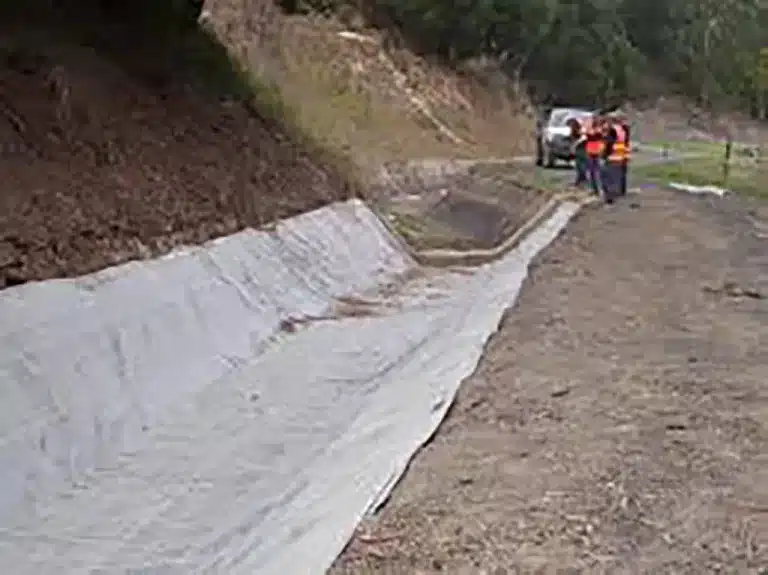
Descubre geotextiles Geofantex para estabilización de suelos, drenaje y control de erosión. Ideal para bricolaje y profesionales.

Huesker geocomposites offer integrated geosynthetics solutions for drainage, soil stability, and long-term infrastructure performance.
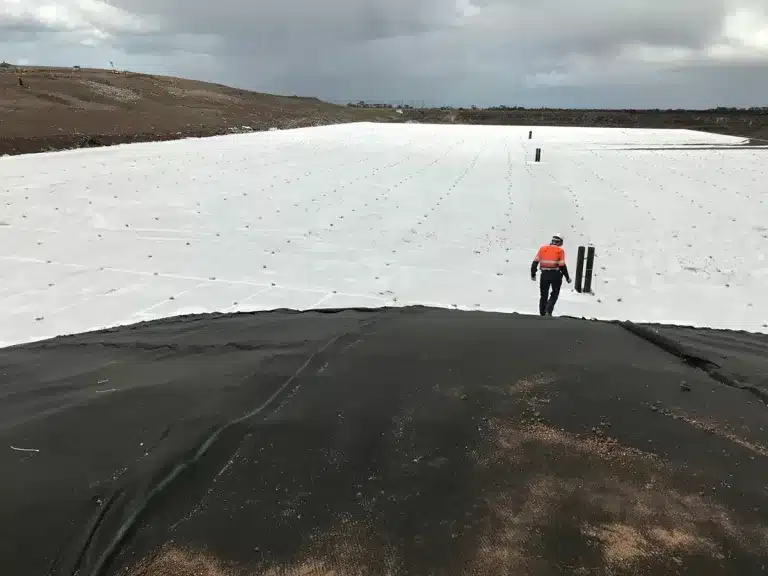
Geonet for landfill enhances drainage, liner protection, and landfill stability, providing safe and sustainable waste solutions.
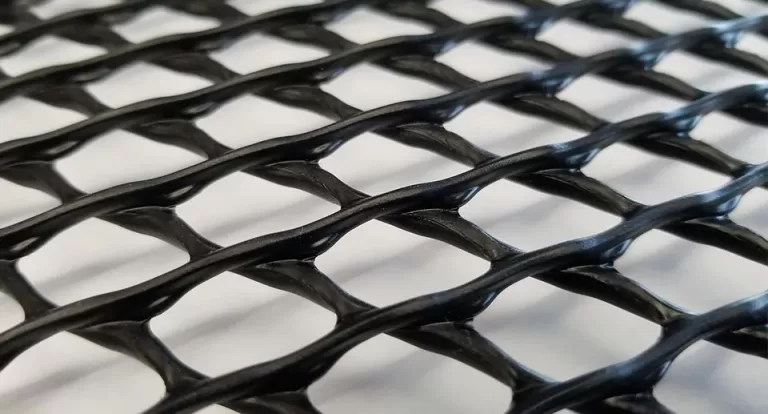
Geonet for roads improves drainage, subgrade stability, and road lifespan, offering sustainable, cost-effective solutions for highways.
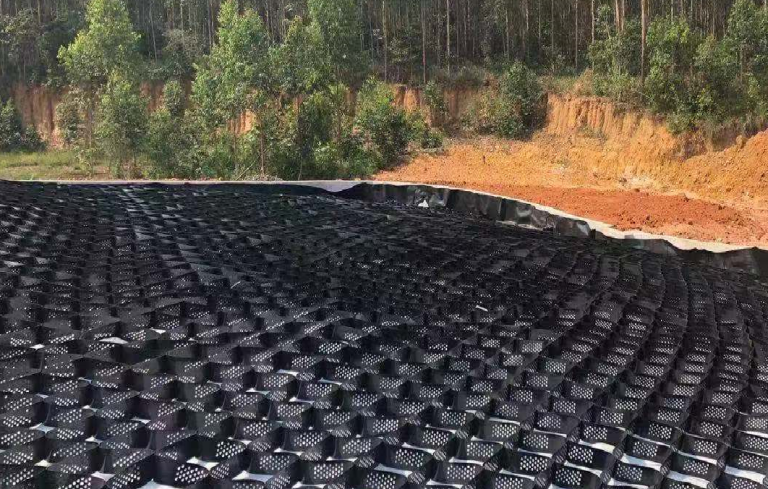
Explore real-world geocell grid applications for roads, slopes, and airport pavements with effective geosynthetic solutions.
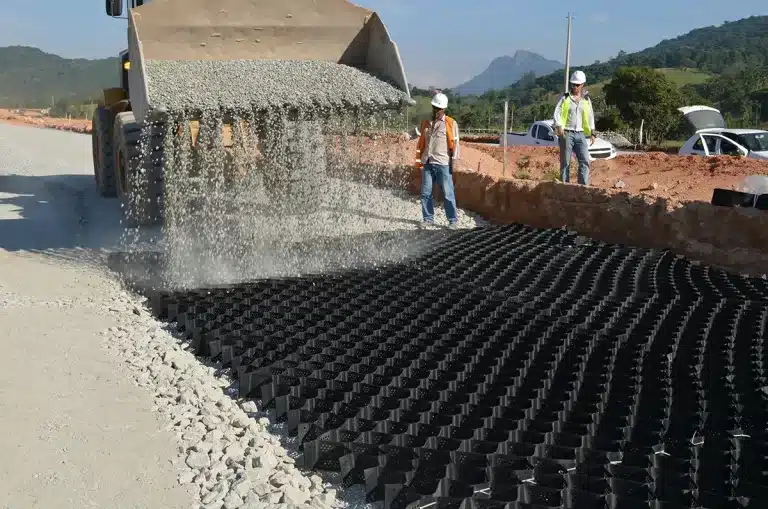
Find a geocell near me for road, slope, and airport reinforcement projects and explore real-world geosynthetics applications.
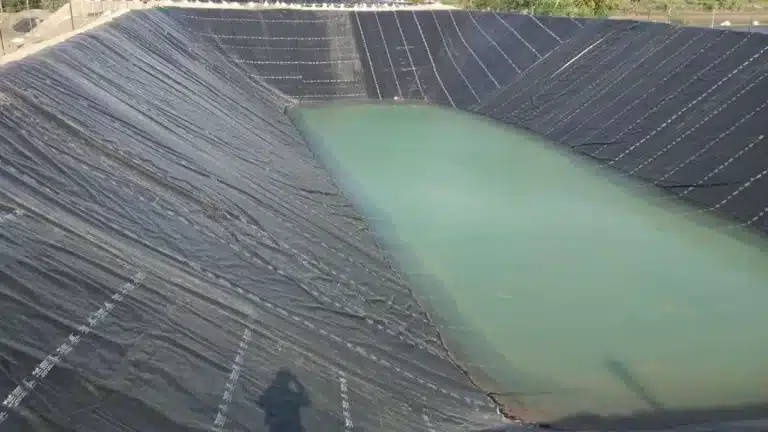
Geofantex delivers expert underwater repair of geomembrane, ensuring efficient, safe, and long-lasting pond maintenance solutions.

Geofantex provides expert underwater repair of HDPE geomembrane ponds, ensuring reliable and efficient pond maintenance.
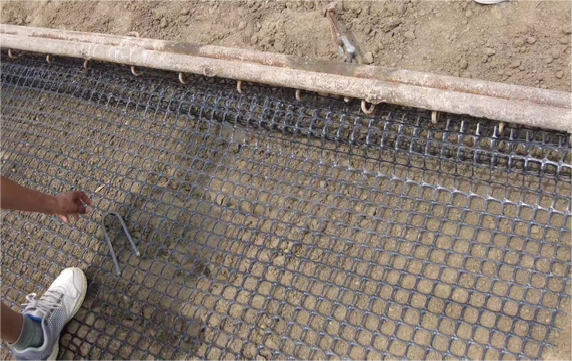
Use Geofantex retaining wall geogrids to reinforce soil, prevent erosion, and ensure durable, long-lasting wall projects.
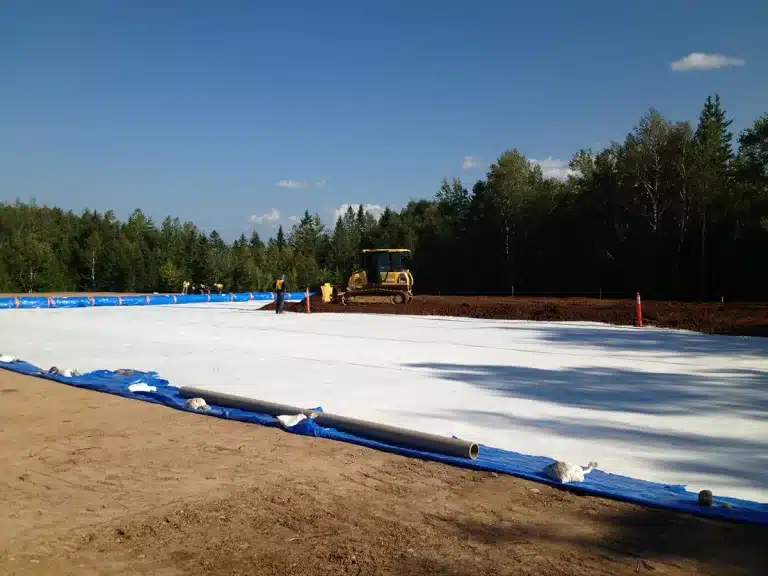
Geosynthetic material enhances soil stability and drainage, delivering reliable and efficient solutions for modern infrastructure projects.
End of content
End of content
WhatsApp us